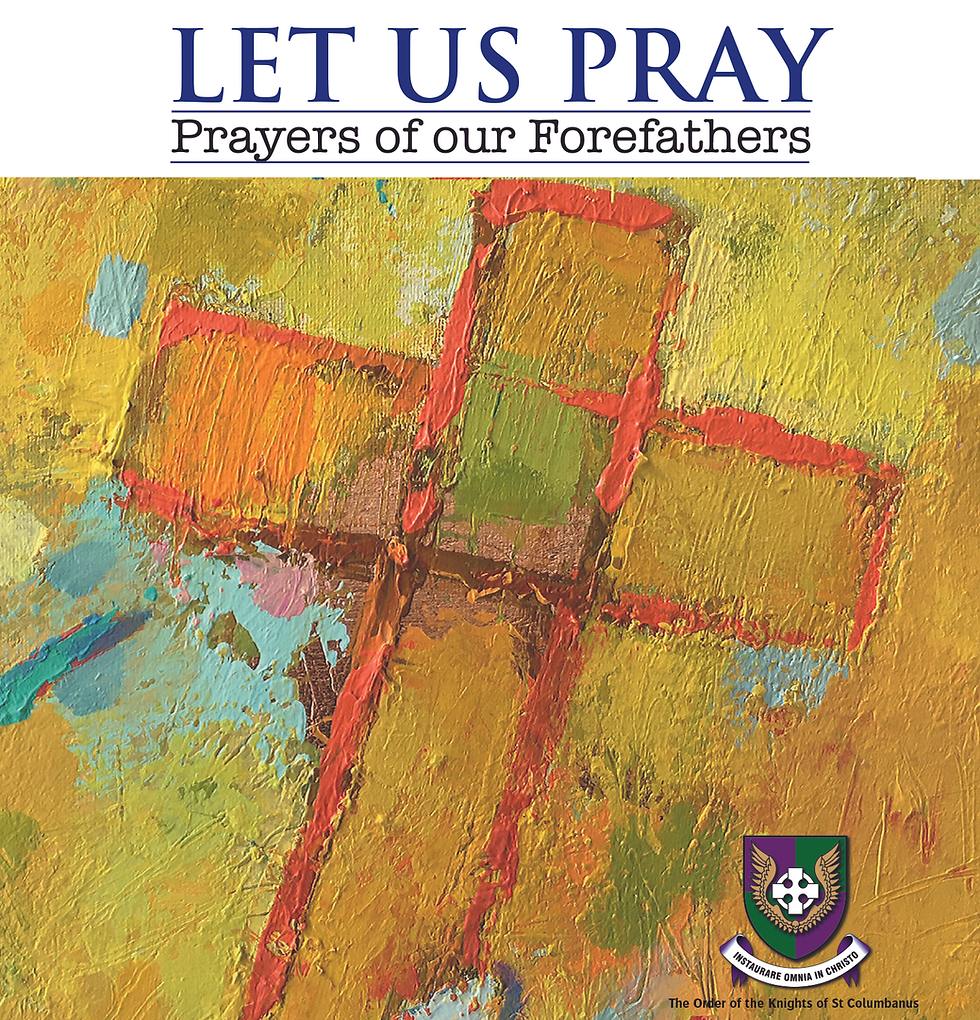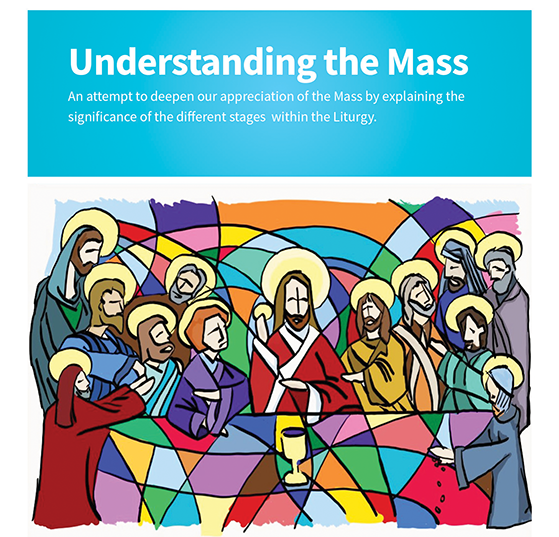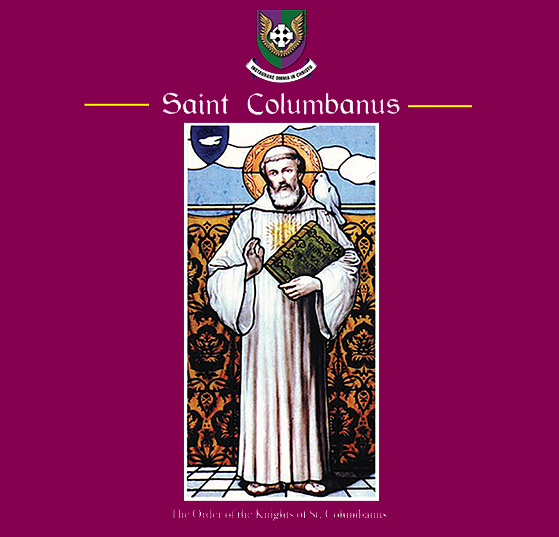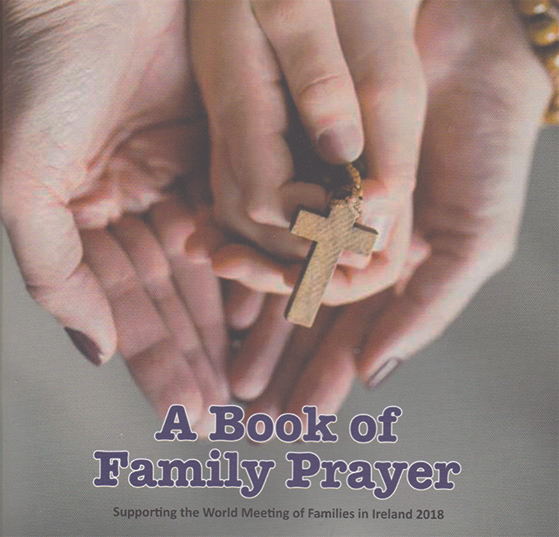top of page
OUR MISSION
Supreme Knight
John Murphy
“As an Order of Catholic men we seek to serve God in fidelity to the teachings of the Magisterium of the Church. Inspired by the Evangelical zeal of our patron St. Columbanus we will promote a deeper understanding of these teachings for our members and the wider Church.”

PRESS RELEASE

Public Speaking Competition 2025-26
Knights of St Columbanus Public Speaking Competition Dates 2026
PRESS RELEASE

Jubilee of Hope Pilgrimage
Pilgrimage to Rome and Assisi
PRESS RELEASE

POPE ADDRESSES FAITHFUL
Pope Leo XIV invites the faithful to share not only material goods but time, presence, and empathy.
PRESS RELEASE
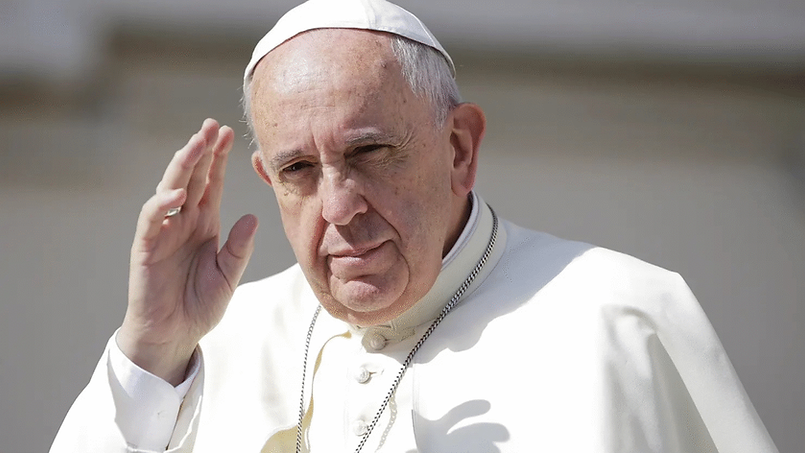
DEATH OF POPE FRANCIS
Order of the Knights of St Columbanus Mourns the Death of His Holiness Pope Francis
PRESS RELEASE

ELECTION OF POPE LEO XIV
Order of the Knights of St Columbanus celebrate the election of Pope Leo XIV
Featured Posts
No events at the moment

Newsletter Sign Up
News Feed Anchor
News Feed

3/4/2026
Cardinal Parolin: Preventive wars risk setting the world ablaze
Cardinal Secretary of State Pietro Parolin speaks to Vatican News about events in the Middle East, warning of a dangerous rise of multipolarism marked by the primacy of power. Read all
Vatican News

3/4/2026
ITC: Humanity’s future lies in relationship, not technology
The International Theological Commission publishes “Quo vadis, humanitas (“Humanity, where are you going?”): The epochal challenge of Christian anthropology in the era of artificial intelligence and posthumanism.” Read all &n...
Vatican News

3/4/2026
Middle East Christian communities grapple with anguish and uncertainty
Christians in the Middle East share their experience of living through difficult days as bombardments against Iran continue, along with retaliatory strikes from Tehran. Read all
Vatican News

3/4/2026
Pope at Audience: The Church's humanity and divinity are in harmony
During his weekly General Audience, Pope Leo XIV continues reflecting on 'Lumen gentium,' suggesting there is no opposition between the human and divine dimensions of the Church, and reminding that the Church is not some idea...
Vatican News

3/4/2026
Asian Bishops call for immediate ceasefire in Middle East
Bishops across Asia are calling for an immediate ceasefire in the Middle East, expressing their concern that escalating violence could trigger “incalculable human and economic consequences” worldwide. Read all
Vatican News
bottom of page















